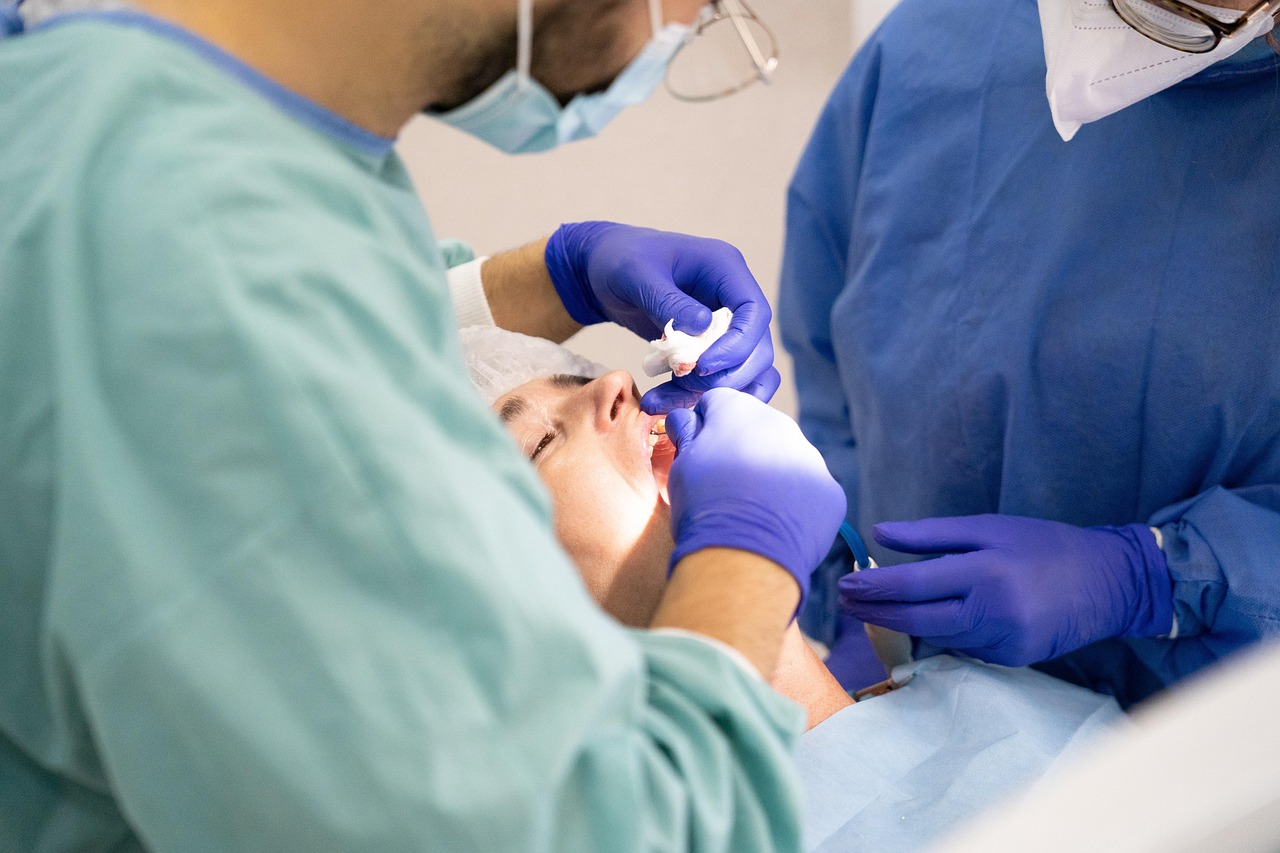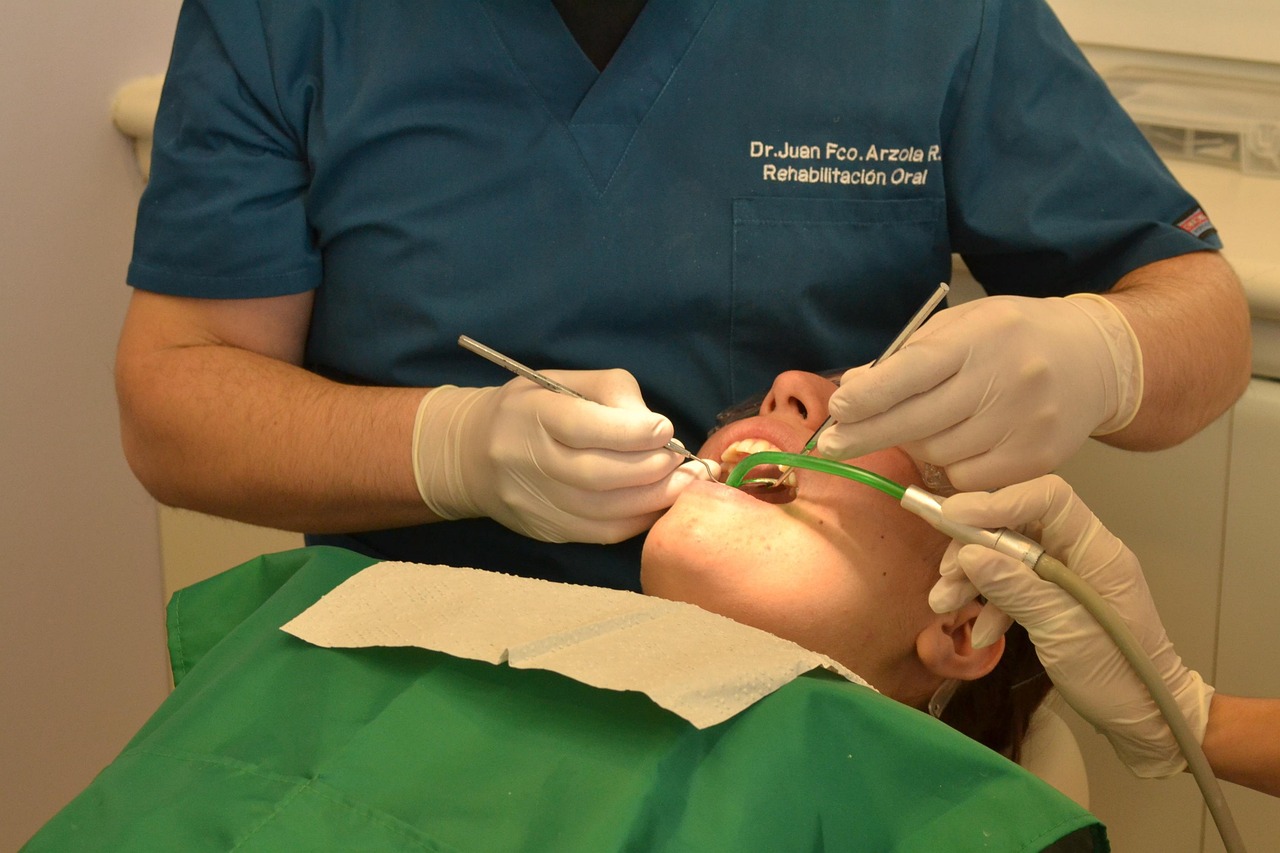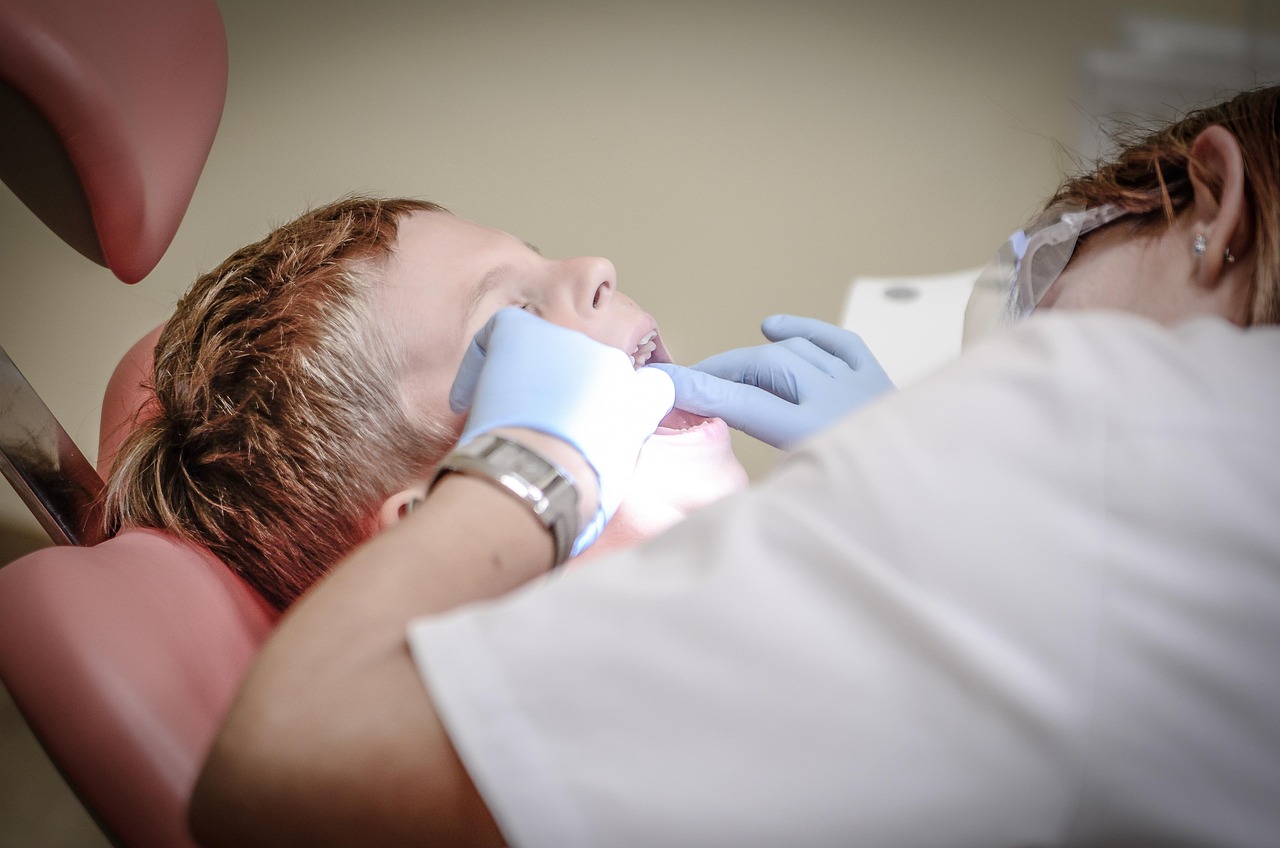TL;DR
- Combine rest, elevation, cold compress, and safe OTC pain meds
- Avoid very hot/cold foods, alcohol rinses, and aspirin on the gum
- Call an emergency dentist if swelling, fever, or severe pain persists
- Night pain can signal deep decay, crack, or infection—don’t delay care
Tooth pain often intensifies at night when you’re lying down and blood flow increases to the head. Use these safe steps to get through the night—and arrange an urgent dental visit.
1. Immediate Pain Relief
- Elevate your head with extra pillows to reduce pressure.
- Apply a cold compress to the cheek for 15–20 minutes on and off.
- Consider OTC analgesics (ibuprofen or acetaminophen) as directed on label. Avoid exceeding daily limits.
If you’re pregnant, on anticoagulants, or have liver/kidney conditions, consult a clinician before taking medications.
2. What to Avoid
- Don’t place aspirin on gums (can burn tissues).
- Avoid very hot/cold foods and sweet drinks that trigger sensitivity.
- Skip alcohol-based rinses (irritating and dehydrating).
- Don’t “test bite” repeatedly—it can worsen cracks.
3. Helpful Soothers
- Warm saltwater rinses (1/2 tsp salt in a glass of lukewarm water) after meals.
- Keep the area clean with gentle brushing and flossing to remove trapped food.
- Choose soft, cool foods and chew on the unaffected side.
4. When It’s an Emergency
- Swelling of the face or gums, especially with fever
- Difficulty swallowing or opening the mouth
- Severe pain not improving with OTC medication
Call an emergency dentist. Go to the ER if breathing or swallowing is affected.
5. Likely Causes the Dentist Will Check
- Deep decay or nerve irritation (possible root canal needed)
- Cracked tooth syndrome
- Gum infection or abscess
- Impacted wisdom tooth or pericoronitis
Conclusion
Night tooth pain is often a sign you need prompt dental care. Use elevation, cold compress, and safe OTC medication for temporary relief—and schedule an emergency dentist visit to address the cause.


